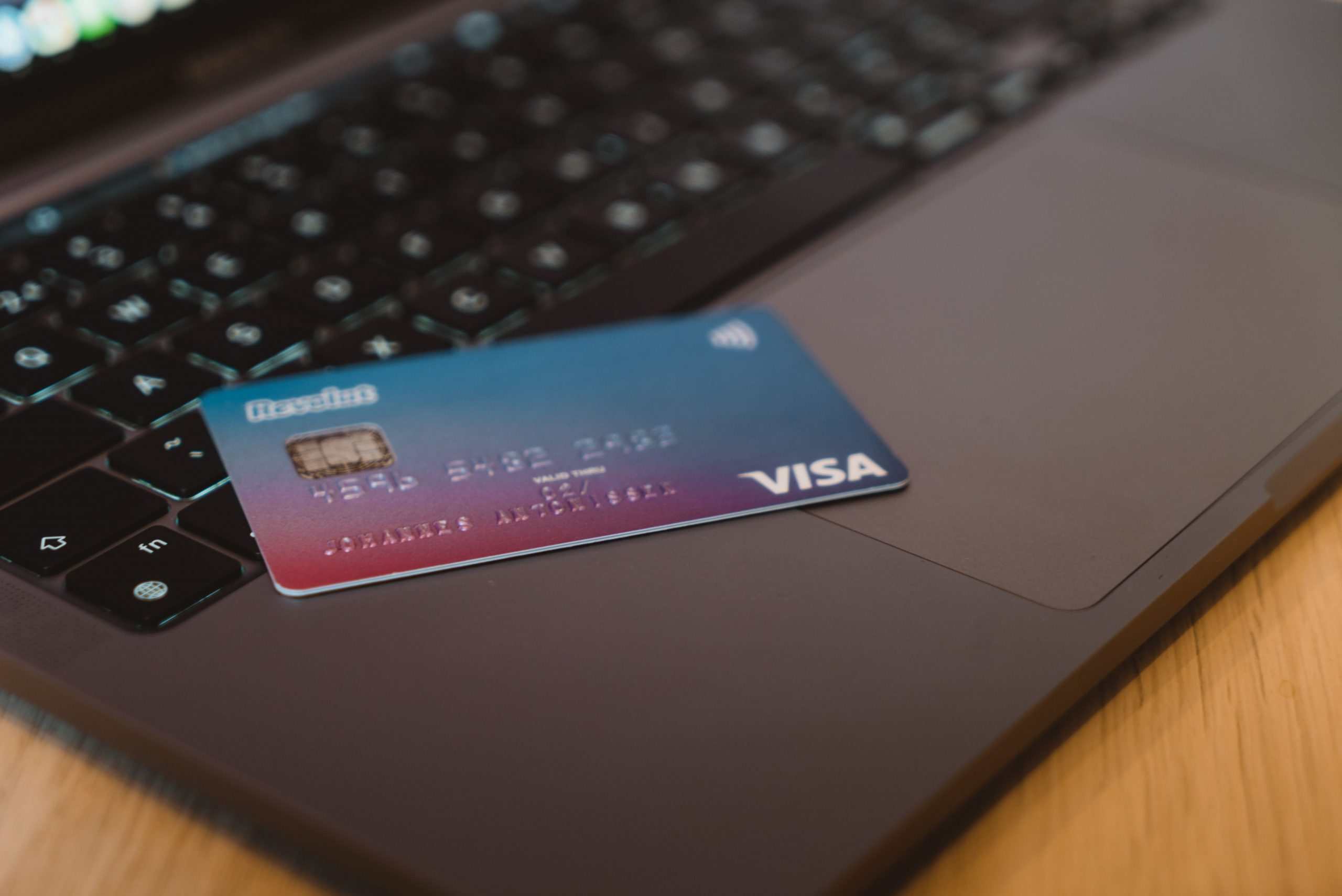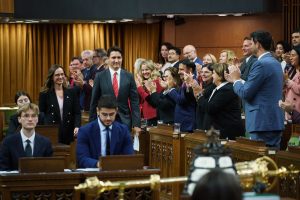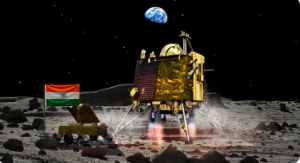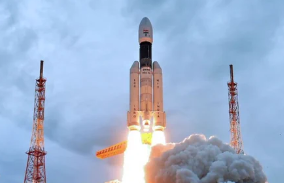Visa Inc. has made complaints to the US government about India’s “informal and formal” promotion of domestic payments rival RuPay hurting the US giant in a key market, as per memos seen by Reuters.
In public, Visa has downplayed concerns about RuPay’s rise, which has been bolstered by public lobbying from Prime Minister Narendra Modi, who has compared the use of local cards to national service.
Also Read | Delhi Metro to launch swipe bank, QR code facility to pay fare
However, according to US government memos, Visa executives, including CEO Alfred Kelly, raised concerns about a “level playing field” in India during a meeting between US Trade Representative (USTR) Katherine Tai and company executives on August 9.
Similar concerns have been raised privately with the USTR by Mastercard Inc (MA.N). According to Reuters, the company filed a protest with the US Trade Representative in 2018, alleging that Modi was using nationalism to promote the local network.
“Visa remains concerned about India’s informal and formal policies that appear to favour the business of National Payments Corporation of India” (NPCI), the non-profit that runs RuPay, “over other domestic and foreign electronic payments companies,” said a USTR memo prepared for Tai ahead of the meeting.
Also Read | Paytm’s net loss widens in 2nd quarter by 8.4%
For years, Modi has pushed for RuPay, a domestically developled payment system that is posing a threat to Visa and Mastercard in the fast-growing payments market. According to the most recent regulatory data on the company, as of November 2020, RuPay made up for 63 % of India’s 952 million debit and credit cards, up from 15% in 2017.
Kelly stated publicly in May that while there had been “a lot of concern” for years that RuPay and other similar services could be “potentially problematic” for Visa, his company was still the market leader in India.
“That’s going to be something we’re going to continually deal with and have dealt with for years. So there’s nothing new there,” he told an industry event.
Also Read | ‘It’s not over’: Paytm CEO compares IPO debut to Test match series
Modi portrayed the use of RuPay as patriotic in a 2018 speech, saying that “since everyone cannot go to the border to protect the country, we can use RuPay card to serve the country.”
According to an email exchanged between US officials on the meeting’s readout, when Visa expressed its concerns at the USTR meeting on August 9, it cited the Indian leader’s “speech where he basically called on India to use RuPay as a show of service to the country”.
Last year, Finance Minister Nirmala Sitharaman stated that banks should promote “RuPay as the only card”. For public transportation payments, the government has also promoted a RuPay-based card.
According to industry sources, while RuPay has the most cards in India, most transactions still go through Visa and Mastercard because most RuPay cards were simply issued by banks as part of Modi’s financial inclusion programme.
According to the USTR email, Visa expressed concern to the US government about India’s “push to use transit cards linked to RuPay” and “the not so subtle pressure on banks to issue” RuPay cards.
Mastercard and Visa see India as a key growth market, but a 2018 central bank directive requiring them to store payments data “only in India” for “unrestricted supervisory access” has thrown them for a loop.
After the central bank said it was not complying with the 2018 rules, Mastercard faces an indefinite ban on issuing new cards in India. According to Reuters, a USTR official privately described the Mastercard ban as “draconian.”







